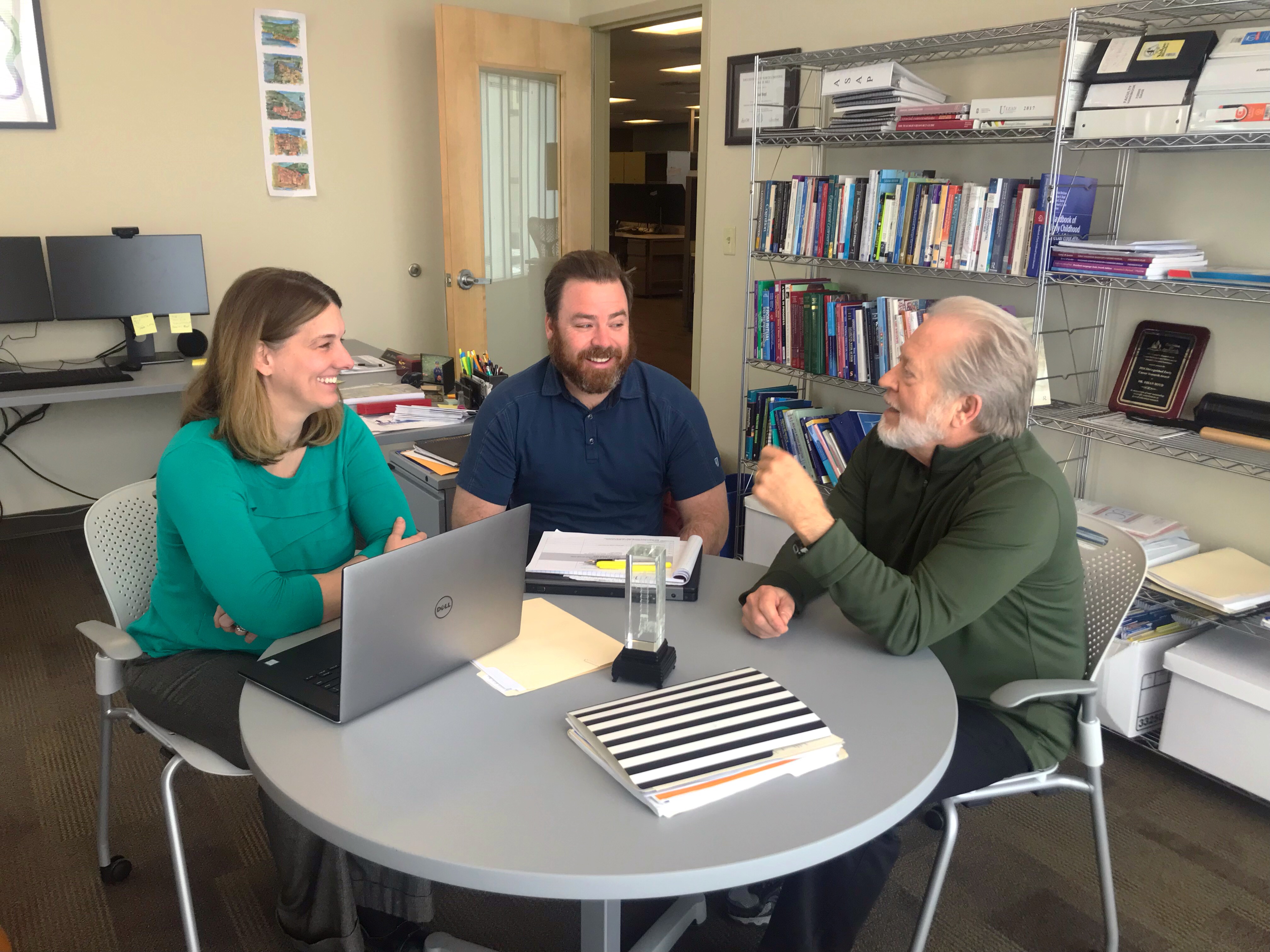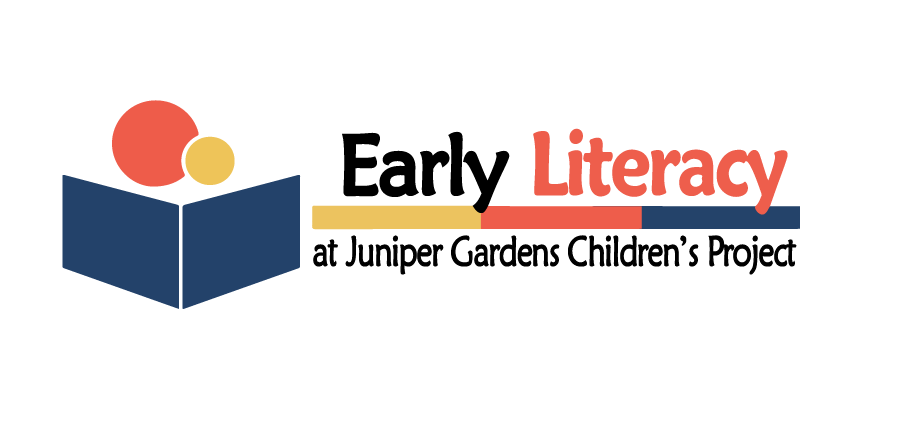Improving the literacy skills of children and youth in the low-income communities of Kansas City has been an uninterrupted focus of the Juniper Gardens Children’s Project (JGCP), due to the fact that literacy is a stepping stone leading to school readiness, reading achievement, and the lifelong benefits of academic success. Original work was focused on demonstrating that interventions in the home, preschool, and elementary school make a measurable difference in children’s behavior and skills. This was at a time when there was no kindergarten, Head Start, or preschool services, particularly in low-income schools. Consequently, a preschool program was established in the community center of the Juniper Gardens Public Housing Project, and local mothers operated the program.
The focus was on promoting children’s language and social behaviors using a curriculum developed by JGCP researchers. This program later moved to the Turner House Preschool, a facility for this purpose built by the local archdiocese. From this effort, important frameworks, including the Incidental Teaching of Language, was developed. This formed the basis for many contemporary naturalistic/responsive language teaching methods that could support children’s later literacy skills.

Juniper Gardens Children’s Project’s First Location
![CCKC_15[1]](https://earlyliteracy.ku.edu/wp-content/uploads/2018/12/CCKC_151.jpg)
Juniper Gardens Children’s Project Current Location

Dr. Alana Schnitz, Dr. Dwight Irvin, and Dr. Charles Greenwood (Literacy 3D and Literacy 360° Investigators)
In the mid 1960’s, an after school tutoring program developed by JGCP was established and implemented in the basement of a local church where children from the adjoining elementary school attended after school. Success of this program led to expansions into local schools and summer programs, which were implemented by community members, university students, and teachers. The findings were groundbreaking because this research confounded the prevailing view that the lack of academic success of persons in poverty was due to genetics and not educational experiences. There were no compelling theories of environmental influence at the time, and this JGCP work launched the first demonstration that parents and teachers, using specific practices, could make measurable improvements in children’s behavior, language, and academic achievement, and is now the basis for contemporary views on evidence-based practice.
From these humble beginnings, legacy accomplishments at the JGCP have included the development of ClassWide Peer Tutoring, and the discovery of the 30-Million Word Gap. ClassWide Peer Tutoring became a model for meaningfully including children with disabilities meaningfully in the general education curriculum. The Word Gap discovery has been a wake-up call to the importance of talking to children during the birth to three period and the antecedents of literacy outcomes.
The research conducted at JGCP led to changes federal policies towards prevention through greater education opportunity (e.g., Head Start, Early Head Start) and other community-based programs serving children living in poverty for the first time. This supported research on the instructional experiences of preschool-aged children to ensure vulnerable young children were better prepared to be successful in kindergarten in areas such as reading and writing.
However, even with this verified research, progress, and resources, we have learned that instructional interventions were successful with many, but not all children for various reasons which included lack of early experiences and delays/disabilities, among others. We’ve learned that what appeared to be treatment failures for some children could be better understood in terms of response to intervention, and when children were not making progress in an intervention, adaptations to the intervention were needed.
To address this challenge, the Center on Response to Intervention in Early Childhood (CRTIEC) was established in 2009. This work further developed the measurement and Tier 2 and 3 interventions needed to be used in a Multi-Tier Support System (MTSS) approach to preschool literacy instruction. This work provided the antecedents of the preschool literacy research programs reflected in this website.
